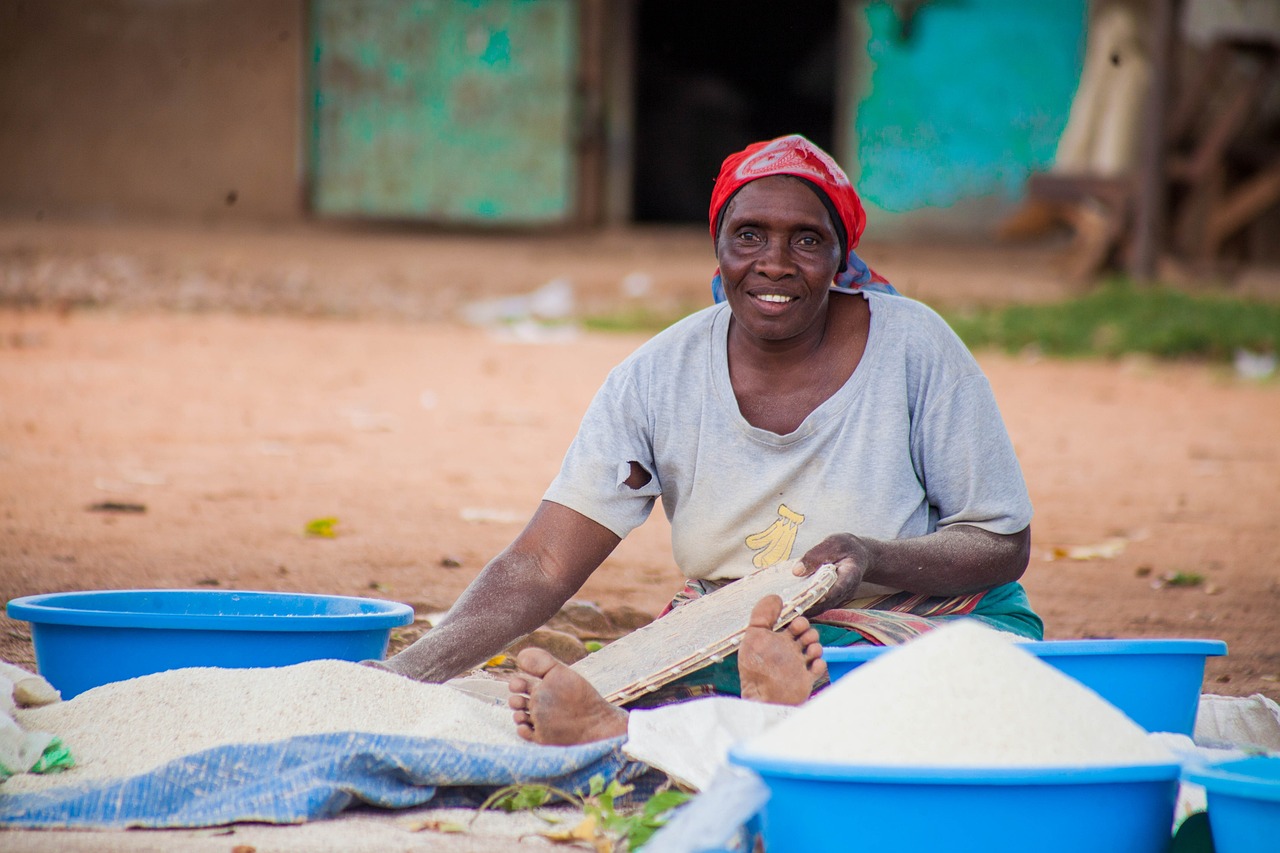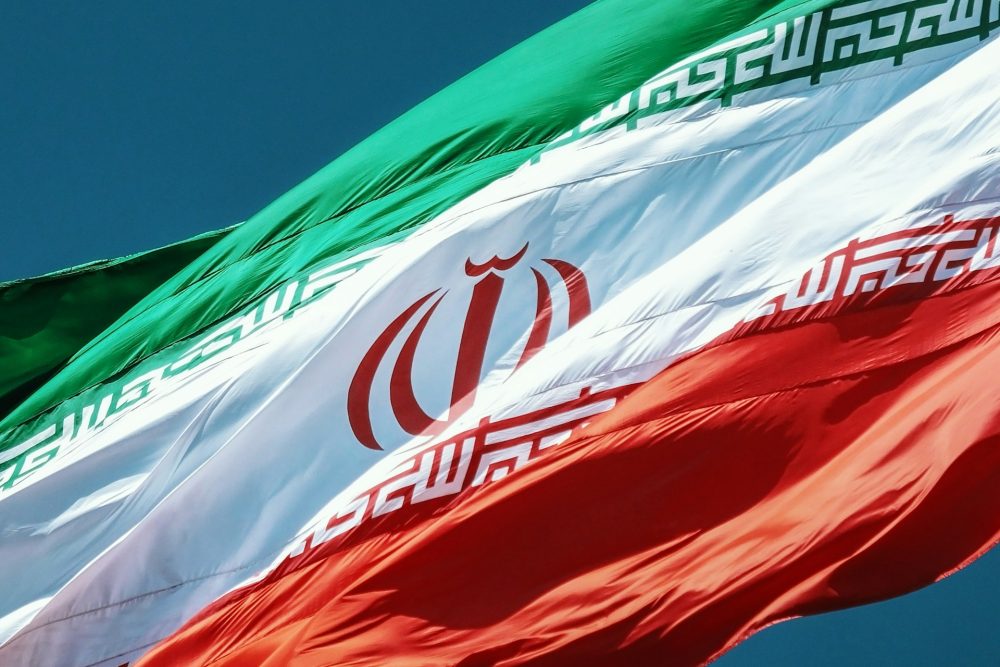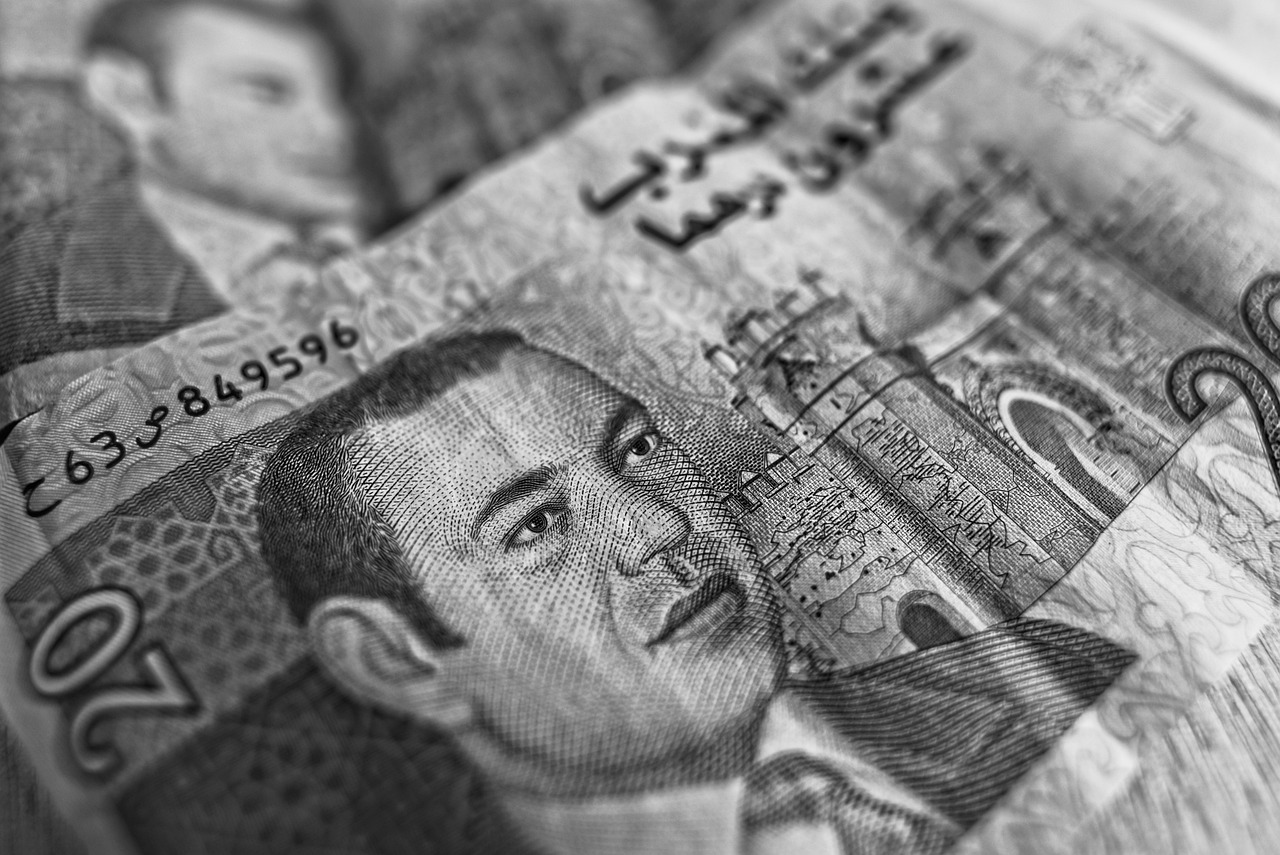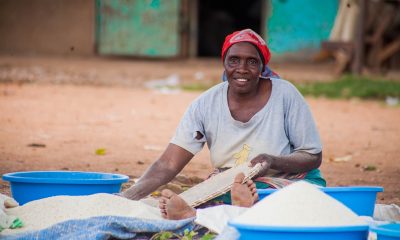Africa
UN Food Support in Guinea-Bissau Reached Over 179,000 Farmers in July
The Food Security Support Project coordinated by the WFP lasts one year. It is funded by the African Development Bank (AfDB) with $6.6 million. The distribution involves NGO partners led by a Monitoring Committee of the Ministry of Agriculture and Rural Development. The WFP distributed locally purchased rice to supply 852 school canteens, reaching nearly 179,000 children.

The UN food support program in Guinea has started. At least 44,000 potential beneficiaries have already been identified by the partnership involving the UN agency and five non-governmental organizations on the ground.
Since the end of July, around 2,500 communities have received seeds for products such as peanuts, beans, and corn. Beneficiaries are entitled to between 15 and 20 kg of one of the varieties and 12 to 35 kg of fertilizer.
Rising food and fuel prices have influenced the worsening of food and nutrition security as a result of Covid-19 and the crisis in Ukraine. The project aims to extend access to food for vulnerable families.
The WFP indicates that around 96,000 people face acute levels of food insecurity in the country. On average, 28% of children aged six to 59 months are debilitated and 5% of those aged six to 29 months end up losing their lives. Guinea-Bissau is considered a net food importer.
Read more on the subject and find the latest economic news of the day with the Born2Invest mobile app.
UN food support program lasts for one year
According to the Nutrient Gap study carried out by the agency in 2022, more than two-thirds of the population cannot afford a healthy nutritious diet of 4 dollars a day for a family of seven.
Horticulturalists in the Quinara and Gabu regions benefited from water wells, the purchase of materials, and the measurement of production perimeters. Women took part in community planning workshops on empowerment.
As part of the prevention and treatment of moderate acute malnutrition, 9.3 million tons of enriched cereal were made available to 36 health posts in May. More than 520 beneficiaries were reached.
The WFP distributed locally purchased rice to supply 852 school canteens, reaching nearly 179,000 children. At least 70 technicians received training in integrated management of acute, moderate-to-severe malnutrition and prevention of chronic malnutrition in Cacheu, Oio, and Quinara Tombali.
Also as part of the nutritional activities, nine metric tons of fortified mixed food were delivered to help 700 people, 51% of whom are women affected by a major fire that hit the Canhabaque sector in February.
The Food Security Support Project coordinated by the WFP lasts one year. It is funded by the African Development Bank (AfDB) with $6.6 million.
The distribution of the food involves NGO partners led by a Monitoring Committee of the Ministry of Agriculture and Rural Development.
__
(Featured image by ambrosewatanda via Pixabay)
DISCLAIMER: This article was written by a third party contributor and does not reflect the opinion of Born2Invest, its management, staff or its associates. Please review our disclaimer for more information.
This article may include forward-looking statements. These forward-looking statements generally are identified by the words “believe,” “project,” “estimate,” “become,” “plan,” “will,” and similar expressions. These forward-looking statements involve known and unknown risks as well as uncertainties, including those discussed in the following cautionary statements and elsewhere in this article and on this site. Although the Company may believe that its expectations are based on reasonable assumptions, the actual results that the Company may achieve may differ materially from any forward-looking statements, which reflect the opinions of the management of the Company only as of the date hereof. Additionally, please make sure to read these important disclosures.
First published in Africa 21 Digital. A third-party contributor translated and adapted the article from the original. In case of discrepancy, the original will prevail.
Although we made reasonable efforts to provide accurate translations, some parts may be incorrect. Born2Invest assumes no responsibility for errors, omissions or ambiguities in the translations provided on this website. Any person or entity relying on translated content does so at their own risk. Born2Invest is not responsible for losses caused by such reliance on the accuracy or reliability of translated information. If you wish to report an error or inaccuracy in the translation, we encourage you to contact us.

-

 Markets1 week ago
Markets1 week agoShockwaves of War: U.S. Strikes Iran, Markets Teeter, Global Risks Rise
-

 Crypto6 days ago
Crypto6 days agoCoinbase Surges: Bernstein Targets $510 as COIN Hits Highest Price Since IPO
-

 Africa2 weeks ago
Africa2 weeks agoBank of Africa Launches MAD 1 Billion Perpetual Bond to Boost Capital and Drive Growth
-

 Markets14 hours ago
Markets14 hours agoCoffee Prices Decline Amid Rising Supply and Mixed Harvest Outlooks
























